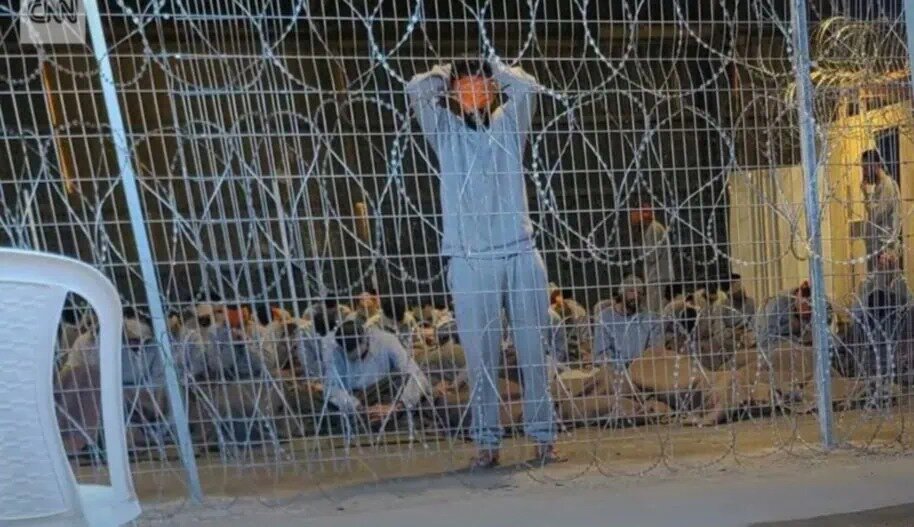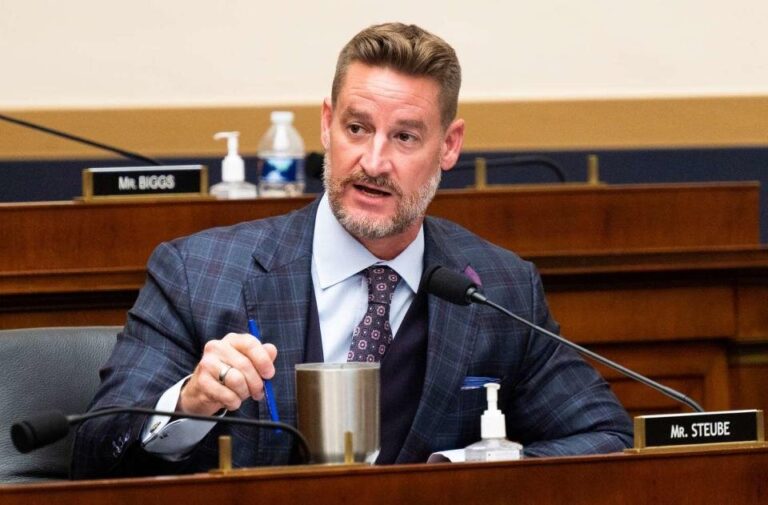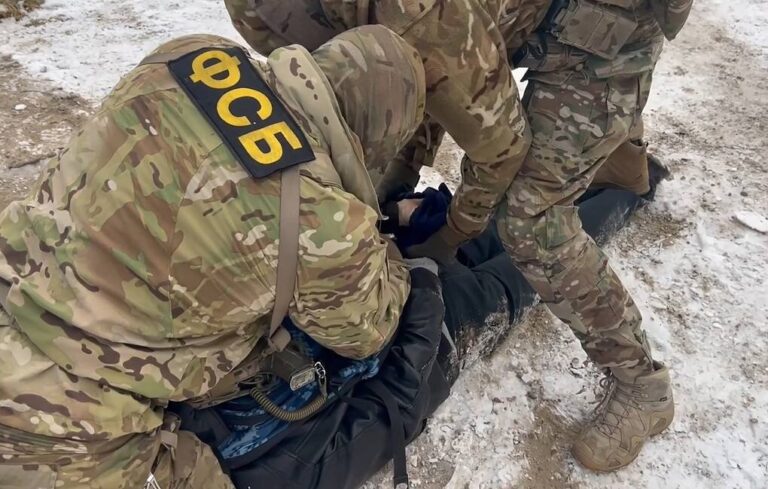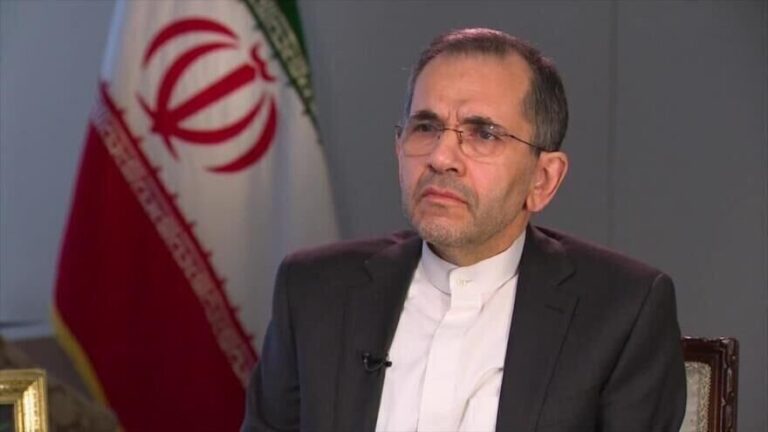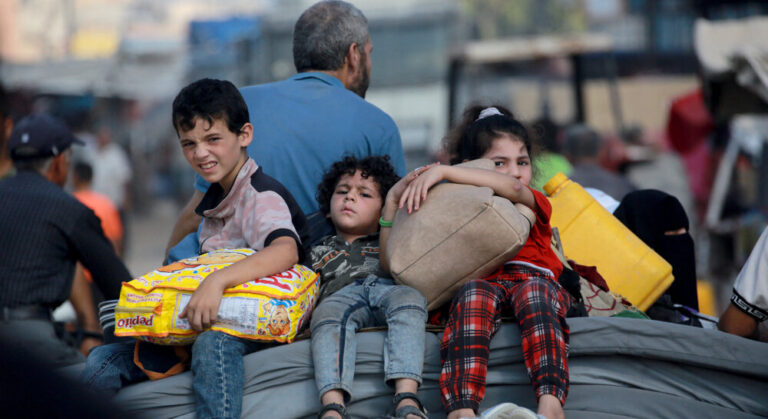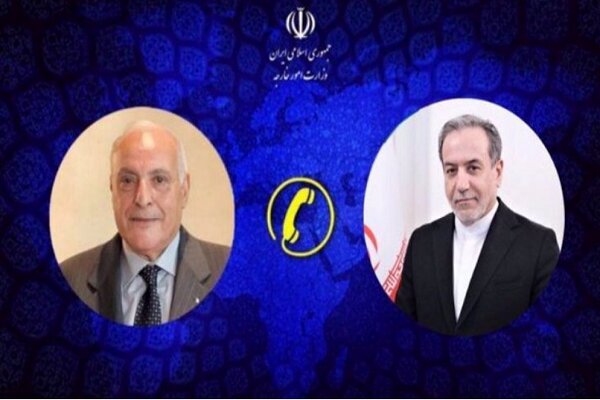Human Rights Group Accuses Israel of Torturing Medical Workers in Gaza
Recent reports reveal alarming conditions faced by medical workers taken from Gaza to Israeli detention centers. According to a comprehensive study by Physicians for Human Rights Israel (PHRI), these detainees have endured severe torture, psychological abuse, and medical neglect. The findings, based on testimonies from 24 individuals interviewed by PHRI lawyers, highlight the distressing treatment that medical professionals are receiving in military detention centers and Israel Prison Service facilities.
The Times of Israel has reported on this disturbing situation, shedding light on the accounts of those who have suffered in silence. One particularly harrowing testimony comes from a 38-year-old nurse who remains incarcerated. She described her experience in Ofer Prison, stating, “I was suspended by my wrists from the ceiling, my legs forced backward, and left in that position for hours. They humiliated me and spat on me … During the interrogation in Ofer Prison, they extinguished cigarettes on my head and poured coffee over me. I was brutally beaten.”
Such testimony underscores the urgent need for awareness and action regarding the treatment of medical workers and civilians in conflict zones. Dr. Khaled Alser, a 32-year-old surgeon who worked at Nasser Hospital in Khan Younis, also shared his traumatic experience. He recounted, “After being detained in Gaza, soldiers transporting me and other detainees humiliated and beat us, sitting on us, kicking us with their boots, and striking us with their rifle barrels. We begged them to stop, but they continued.”
These accounts paint a grim picture of the conditions faced by detained medical professionals. Here are some key points highlighted in the PHRI report:
- Widespread Torture: Many detainees reported experiencing various forms of torture, including physical and psychological abuse.
- Medical Neglect: Detainees have faced inadequate medical care, worsening their physical and mental well-being.
- Insufficient Food Rations: The food provided to detainees has been reported as insufficient, contributing to their deteriorating health.
- Psychological Abuse: Detainees have described experiences of humiliation and degradation during their captivity.
The implications of these reports are far-reaching, raising concerns about human rights violations and the treatment of individuals in detention. The situation is particularly troubling given the role of medical professionals in providing care and assistance in crisis situations. Their treatment raises ethical questions regarding the protection of healthcare workers in conflict zones, as well as the responsibilities of those in power.
Human rights organizations, including PHRI, are calling for immediate action to address these violations and ensure that medical professionals are protected and treated with dignity. The testimonies of these individuals serve as a powerful reminder of the need for accountability and reform in detention practices.
In addition to the physical and emotional toll on the detainees, these incidents reflect broader issues of systemic abuse and the lack of oversight in military detention facilities. The international community must pay attention to these reports and advocate for the rights of those affected.
As the situation continues to develop, it is critical to monitor the conditions within these detention centers and advocate for change. The stories of those who have suffered should not be forgotten, and their calls for justice must be amplified.
In light of the ongoing conflict, it is essential to foster dialogue and promote humanitarian principles that prioritize the well-being of all individuals, regardless of their circumstances. The treatment of medical workers and civilians in detention should be a priority for both local and international stakeholders.
As we reflect on these findings, we must remember that the health and safety of medical professionals are paramount in any conflict situation. Their contributions are invaluable, and they deserve protection and respect.
In conclusion, the disturbing revelations from the PHRI report highlight the urgent need for reform in how detained medical workers are treated. It is imperative that we stand in solidarity with those who have suffered and advocate for their rights, ensuring that such abuses do not continue. The international community must take action to hold accountable those responsible for these violations and work towards a more humane treatment of all individuals in detention.
